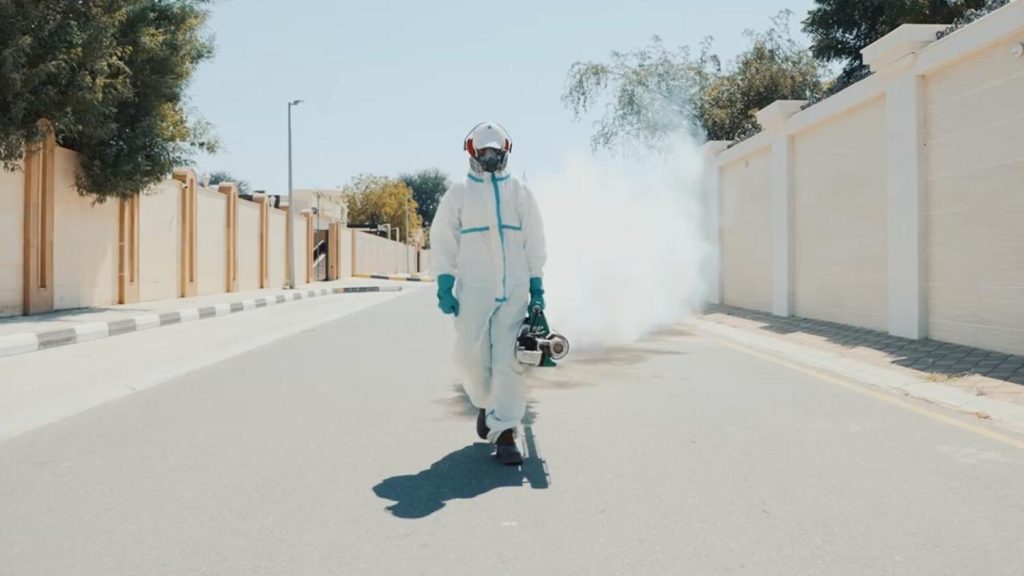What To Know
- A major triumph in the field of public health in the UAE, the authorities have cleared 409 sites, which were proven to be conducive for mosquito breeding, as a part of a larger effort to contain dengue fever.
- The initiative has been launched by the Ministry of Health and Prevention – Mohap – in response to the significant increase in the mosquito population due to uncharacteristically heavy rainfall that produces countless standing water sources necessary for the creation of mosquito larvae.
- The campaign involved the use of better GPS technology in surveying breeding grounds in the entire country as it put in place an insect lab so as to conduct tests on different pesticides.
A major triumph in the field of public health in the UAE, the authorities have cleared 409 sites, which were proven to be conducive for mosquito breeding, as a part of a larger effort to contain dengue fever. The initiative has been launched by the Ministry of Health and Prevention – Mohap – in response to the significant increase in the mosquito population due to uncharacteristically heavy rainfall that produces countless standing water sources necessary for the creation of mosquito larvae.
During the Federal National Council session, Abdul Rahman bin Mohamed Al Owais, the Minister of Health and Prevention revealed that pest eradication was successful. The campaign involved the use of better GPS technology in surveying breeding grounds in the entire country as it put in place an insect lab so as to conduct tests on different pesticides.
In an effort to support these objectives, nine specialist teams from the GHES were dispatched to the northern emirates. More than 1,200 sites were surveyed for mosquitoes, and 309 samples were collected and analyzed in collaboration with the Abu Dhabi Agriculture and Food Safety Authority to determine the distribution and resistance patterns of the mosquitoes present.
Educational enlightenment to the public has been part of the major strategies used in the course of the campaign. Mohap has conducted many awareness campaigns in both Arabic and English by using manifestations until now relating to people with knowledge on how to avoid being bitten by the mosquitoes and how to get rid of the breeding sites. The Ministry of Climate Change and Environment (MoCCAE) has also engaged citizens into reporting cases of increased mosquito incidence.
In an interview, Othaibah Saeed Al Qaydi, Director of the Municipal Affairs Department at MoCCAE, discussed how the fight against mosquito proliferation is accomplished through the aid of GIS mapping, sensors, predictive modeling, and big data analysis. GUIDELINES Individuals are encouraged to apply insect repellent, wear appropriate clothing and use anti-mosquito screens where necessary.
Alongside prevention strategies, health systems and facilities have also been developed to enable effective early detection and management of the dengue fever. 134 facilities that are situated all over the Emirates Health Services are ready to attend to dengue, where diagnostic and different lab tests are done within 24-48 hours in accordance to the international standards.
It involves massive reporting of cases to rapid response teams as well as epidemiological units to ensure that there is follow up on the cases that are reported so that there is no prolongation of the disease. These coordinated actions demonstrate the serious commitment by the UAE authorities to preserve the health of citizens and avoid Dengue fever outbreak.



